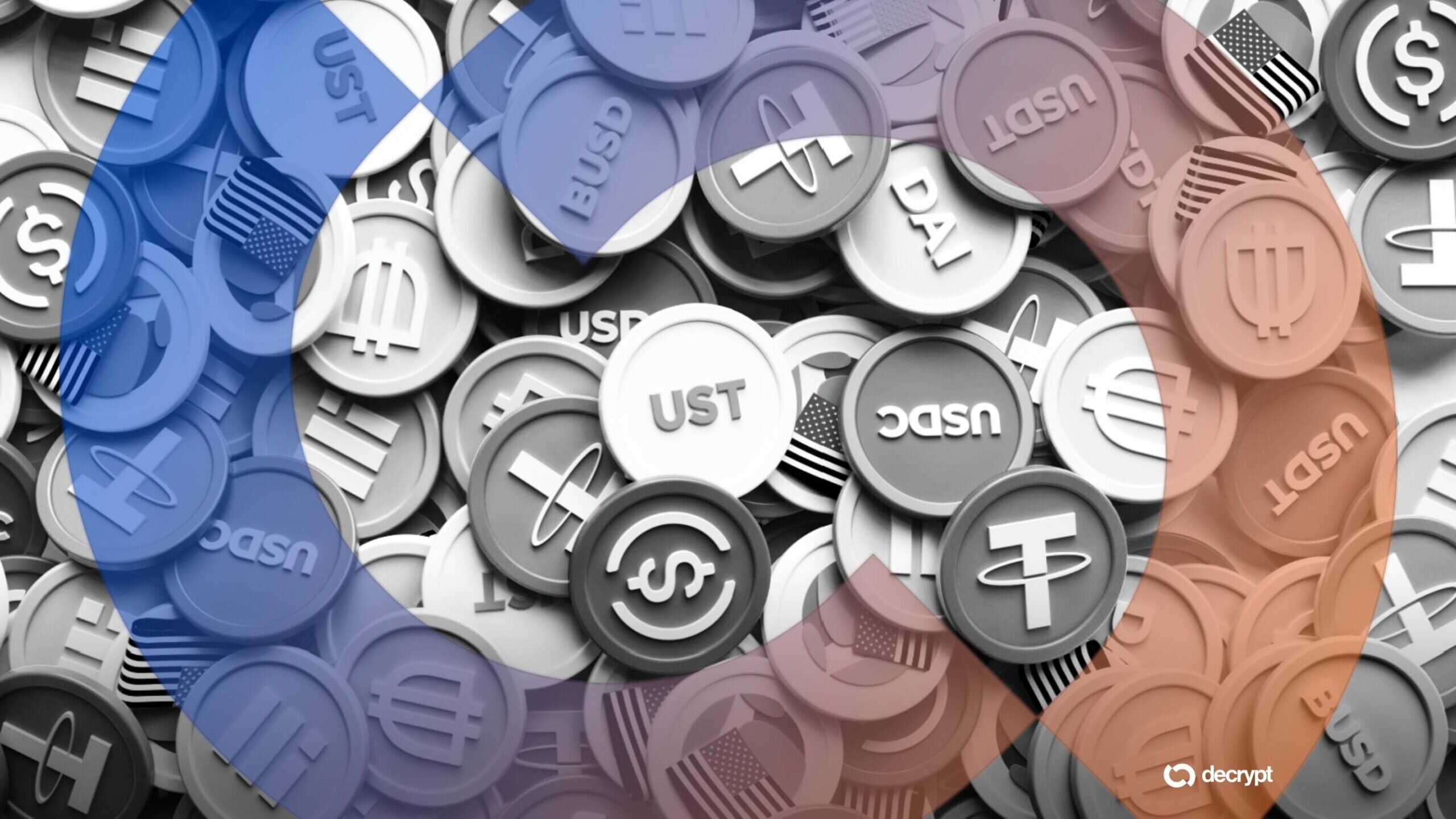BOK Official Urges Banks to Lead the Charge in Stablecoin Issuance – Here’s Why It Matters

South Korea's central bank throws weight behind traditional finance for crypto's next phase.
Stablecoins—the bridge between fiat and crypto—just got a surprising endorsement from an unlikely source. A Bank of Korea (BOK) official dropped a bombshell this week: banks should be first movers in issuing stablecoins, not DeFi upstarts.
Why the sudden love for blockchain from regulators? Three letters: control. With banks at the helm, watchdogs keep their grip on money supply while riding crypto's growth wave. The irony? These are the same institutions that spent years dismissing digital assets as 'speculative bubbles.'
Expect pushback from crypto purists who'll scream 'centralization!' But let's be real—when has finance ever truly decentralized? The suits always win in the end.
Changing the game
The deputy governor warned that while stablecoins offer innovation potential, they could “shift the fundamental stance we have maintained on foreign exchange liberalization and the internationalization of the Korean won.”
He also flagged concerns about potential market disruption, financial instability, and the need to consider models like “narrow banking,” where institutions only provide payment services without lending.
Bank of Korea Governor Rhee Chang-yong has also signaled support for stablecoins, while urging caution, according to a report from Korea JoongAng Daily on Sunday.
“To be clear, won-backed stablecoins are necessary and [I] do not disagree with its issuance,” Rhee said during a press conference last Wednesday, but pointed out the need to closely examine their potential impacts on foreign exchange management.
President Lee, who took office this month following a snap election, has made stablecoin regulation a priority.
His administration introduced the Digital Asset Basic Act, which would allow domestic companies with at least $366,749 (500 million won) in capital to issue won-backed stablecoins.
The Bank of Korea is also exploring a hybrid model where its planned deposit tokens could coexist with private-sector stablecoins on public blockchains.
But some industry experts remain skeptical, with Peter Chung, head of research at algorithmic crypto trading firm Presto Labs, previously telling Decrypt it’s “not clear” how combining tokenized deposits and private-sector stablecoins would truly protect monetary sovereignty.
Edited by Sebastian Sinclair

